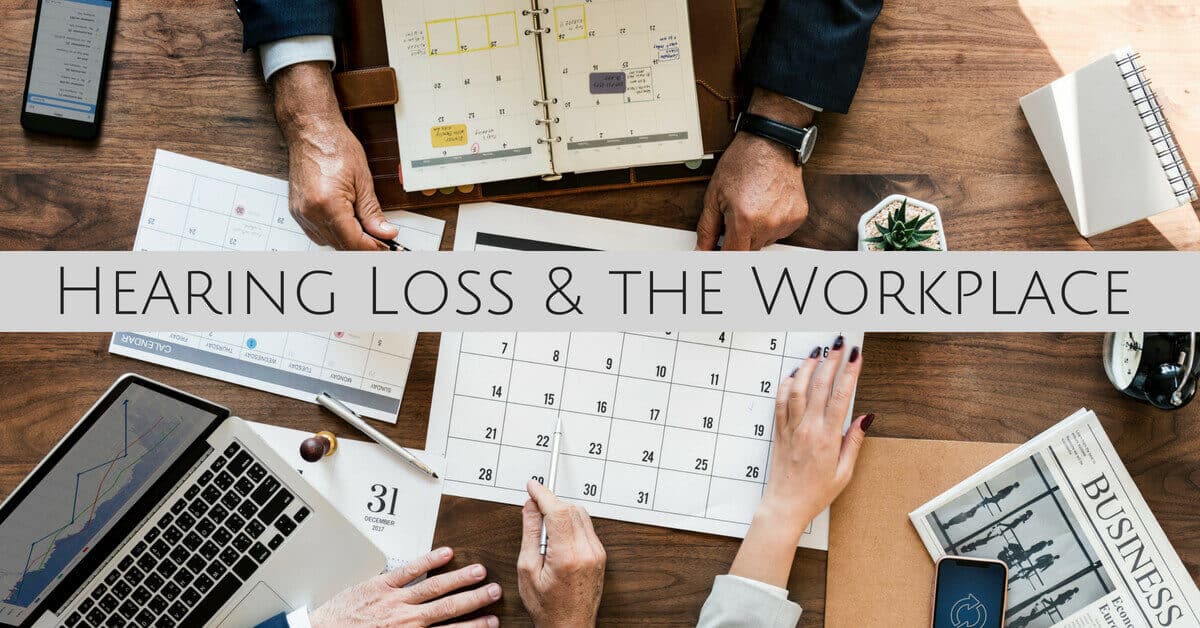- How to Recognize the First Signs of Hearing Loss - June 5, 2025
- Understanding the Connection Between Tinnitus and Weather - May 17, 2025
- The Most Unexpected Reasons Hearing Aids Can Malfunction - May 9, 2025
The workplace has transformed in the last decades in many ways. Some of the protections that were desired but not guaranteed in the past now have strict legal parameters favoring workers. Workplace injury is now protected and compensated in ways it hasn’t been in labor history. However, too often rules on the books don’t translate into protections in practice at every place of work. Though the rules may guarantee that workers are safe from harm in their places of work, some employers are uneducated about these rules or simply disregard them in order to save money. Hearing is one of the areas protected by law within the workplace, but some employers do not realize the damage that their facilities may be doing to workers. Knowing the risks to hearing as well as your rights at work are important to maintaining hearing health far into the future.
Hearing at Work
The Occupational Safety and Health Administration (OSHA) is a government bureau aimed at protecting workers at their places of employment. In addition to risks to life and limb, the department sets up rules and guidelines for occupational hearing damage. OSHA reports that 22 million workers are exposed to potentially damaging noise at work each year. In 2017 alone, U.S. businesses paid more than $1.5 million in penalties for not protecting workers from noise. In addition to these penalties, employers also shell out an estimated $242 million on workers' compensation for hearing loss disability in the average year. These statistics may come as a surprise to anyone who experiences damaging noise in the workplace, because there are allowances for workplaces that are necessarily noisy. Factories, mills, and construction sites are all locations that require loud noise to do what they do. Yet, OSHA has set up protections for workers within these sites to preserve their hearing as long as possible.
Protective Guidelines
You may ask yourself if your workplace is too noisy. Noise may be a problem in your workplace if you hear ringing or humming in your ears when you leave work, if you have to shout to be heard by a coworker an arm's length away, or, certainly, if you experience temporary hearing loss when leaving work. Though some places of work make loud noise, workers’ exposure to that noise is limited in terms of decibels and time. For reference, a very quiet study space may have only 20 decibels of ambient noise, while an urban residence may have 50 decibels. A freight train 100 feet away emits 80 decibels of noise, while a construction site commonly has 100 decibels of noise. Heavy equipment can emit 120 decibels of noise, and a jet plane taking off 200 feet away emits 130 decibels of noise. Beyond that, the threshold of pain from noise begins at 140 decibels, and no workplace should subject workers to that amount of sound. OSHA protects hearing at levels of noise for certain amounts of time. For example, a full shift of 8 hours of exposure to 90 decibels is permitted, but only 2 hours of exposure to 100 decibels is allowed. Beyond these strict regulations, the National Institute for Occupational Safety and Health (NIOSH) makes further recommendations. NIOSH recommends limiting the noise level to 85 decibels for a full 8-hour shift of work, while 100 decibels should only be encountered for 15 minutes per day.
What You Can Do
If your employer is diligent to protect your hearing, then follow the guidelines in place as a starting point. Don’t cut corners on something that can do lasting damage to your hearing. However, if you suspect that your employer has become lax with hearing regulations, be sure to take your hearing health into your own hands. Ask your employer to supply superior hearing protection, in the form of noise cancelling earmuffs or customized earplugs. If you feel that you are being exposed to too much noise in terms of time and decibel level, don’t hesitate to mention this concern to a supervisor. In the best case it is possible that your manager is unaware of the regulations. In the worst case, the employer may be trying to cut corners in profit with your own hearing at risk.
Visit Us at Roseville Diagnostic Hearing Center
Are you concerned about your hearing? Have you noticed changes in your hearing abilities? Contact us at Roseville Diagnostic Hearing Center. We provide comprehensive hearing services, from hearing exams to hearing aid fittings.

